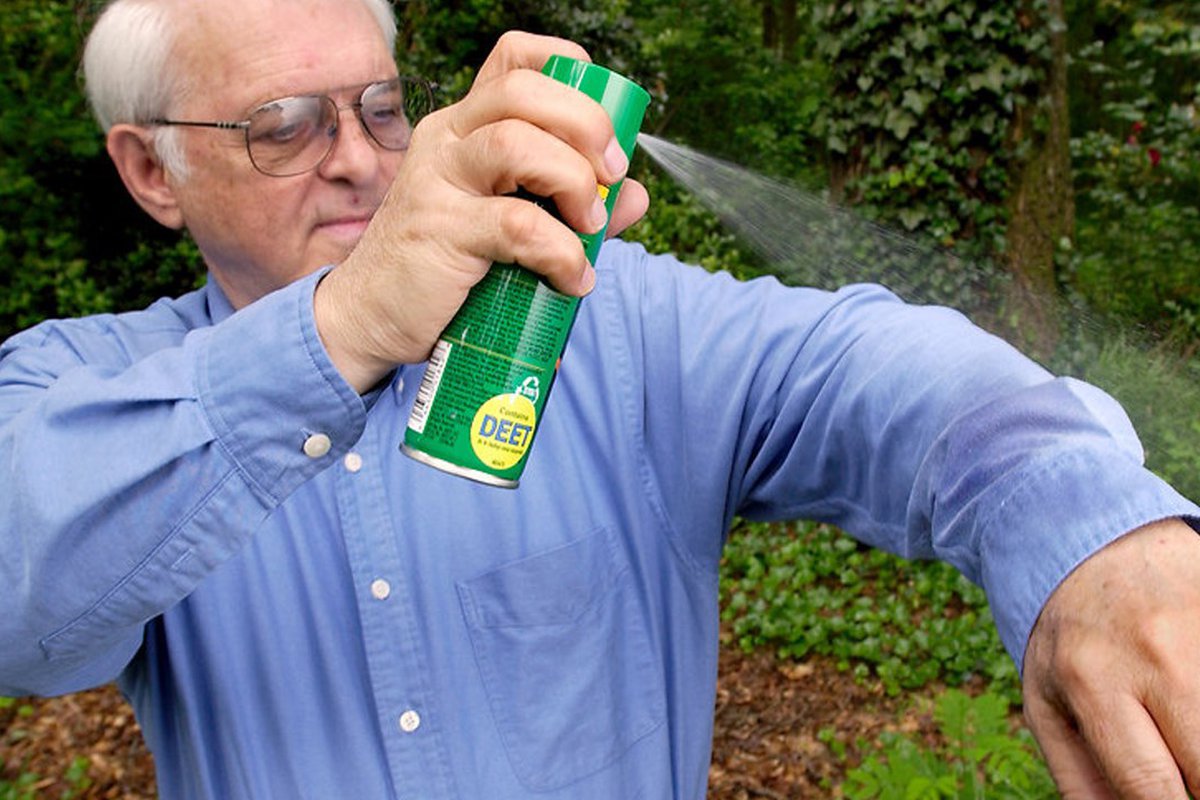Mosquitoes can be a nuisance and transmit diseases, so we must protect ourselves from their bites. DEET (N, N-Diethyl-meta-toluamide) is a commonly used active ingredient in mosquito repellents. It’s one of the most popular mosquito repellents on the market and is used by millions of people every year to keep mosquitoes away from their bodies and homes. But it’s not without its drawbacks. Some people may have allergic reactions to DEET and its potential toxicity to humans and the environment. As a result, some Australian companies are looking for alternative ways to repel mosquitoes.
But now alternatives are available for those who want to avoid using DEET. These alternatives may not be as effective at repulsing mosquitoes but have other benefits than DEET products.
Why several Australian companies have decided to take steps to stop using DEET as a mosquito repellent.
Environmental Concerns
DEET is known to be toxic to aquatic life, including fish and amphibians, and can also harm other non-targeted insects. The chemical can accumulate in the environment, leading to concerns about the long-term impact of DEET on the ecosystem.
Health Concerns
While DEET is generally considered safe for humans when used as directed, some people may experience adverse reactions such as skin irritation, hives, and blisters. There are also concerns that DEET may be linked to neurological disorders, including Alzheimer’s disease. In addition, some studies have found a link between DEET and cancer in lab animals. The Food and Drug Administration (FDA) has determined that DEET is safe for human use per the label directions. However, the agency does not recommend using the chemical on children under two or pregnant women.
Alternative Options Available
A range of alternative insect repellents are now available on the market that are considered more eco-friendly and safe. For example, products containing citronella, eucalyptus oil, and other natural ingredients have recently become increasingly popular in Australia. These products are generally considered safer for humans, although they may not be as effective in repelling mosquitoes as DEET-based products. Additionally, many people prefer the smell of citronella to DEET.
Consumer Preference
Finally, some companies may avoid DEET repellents simply because of changing consumer preferences. As people become more aware of the potential health and environmental risks associated with DEET, they may be less likely to purchase products containing the chemical, and companies may be responding to this shift in demand.
One alternative that has gained popularity in recent years is picaridin, also known as icaridin. It’s a synthetic compound used as a mosquito repellent in Europe and Australia for over a decade. Picaridin is less toxic than DEET and is more effective in repelling mosquitoes.
Natural ingredients such as citronella, eucalyptus, and lemon eucalyptus oils are also being explored. These plant-based ingredients are considered to be safe and eco-friendly. However, their effectiveness in repelling mosquitoes varies and may not provide long-lasting protection.
Ultrasonic devices are another alternative being marketed as mosquito repellents. These devices emit high-frequency sound waves that are supposed to repel mosquitoes, but their effectiveness is not scientifically proven.
Overall, while DEET remains a popular choice for mosquito repellent, alternatives are available for those concerned about its potential risks; meet Jeannie here for more details. It’s important to choose an effective and safe repellent for you and your family and to follow the instructions carefully.


